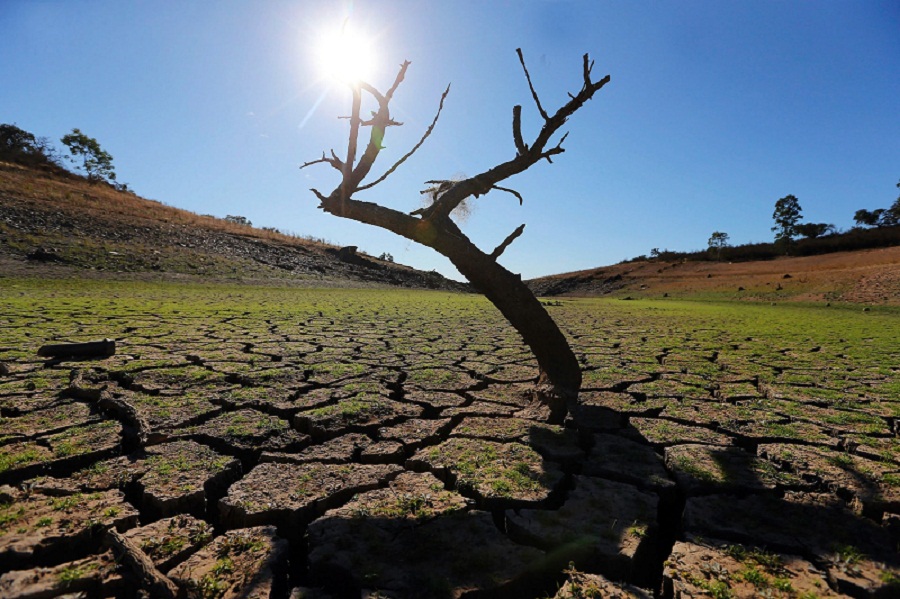Climate change made Lucifer heatwave far more likely, scientists find

The scorching temperatures across Europe’s Mediterranean nations this summer were made at least 10 times more likely by climate change, according to scientists. Furthermore, without action to tackle global warming, such summer heatwaves with temperatures soaring over 40C will become normal by 2050. The new analysis by the World Weather Attribution (WWA) group also analysed the particular “Lucifer” heatwave which struck south-east France, Italy and Croatia in early August and found it was made at least four times more likely by human-caused climate change. The Lucifer heatwave saw temperatures fail to drop below 30C for three days and nights in the hottest spots, and was linked to a 15% surge in emergency hospital admissions in Italy. Prolonged heat is known to be very dangerous to health and a severe heatwave in Europe in 2003 was linked to 75,000 deaths by subsequent analysis. “Summers keep getting hotter,” said Friederike Otto at the University of Oxford, UK, also part of WWA. “Heatwaves are far more intense than when my parents were growing up in the 1950s. If we do nothing to reduce our greenhouse gas emissions, the kind of extreme heat we saw this past summer will be the norm when my young son is a grown man.” The fast-growing science of climate change attribution tackles the question of what impact global warming is having on extreme weather and the people it affects. No event can be said to be caused by climate change because random extremes occur naturally. But by comparing extremes with historical measurements and computer models of a climate unaltered by carbon emissions, researchers can show how global warming is already heavily loading the dice of dangerous weather. In June, WWA showed the extreme heatwave that saw deadly forest fires blazing in Portugal and Spain was made 10 times more likely by global warming. In Portugal, 64 people died. Previous work has demonstrated floods in England and France – even as far back as 2000 – were made more significantly likely by climate change.

